AeroGenie — Tu copiloto inteligente.
Tendencias
Categories
Asia-Pacific Advances ICAO Safety, Sustainability, and Connectivity Goals
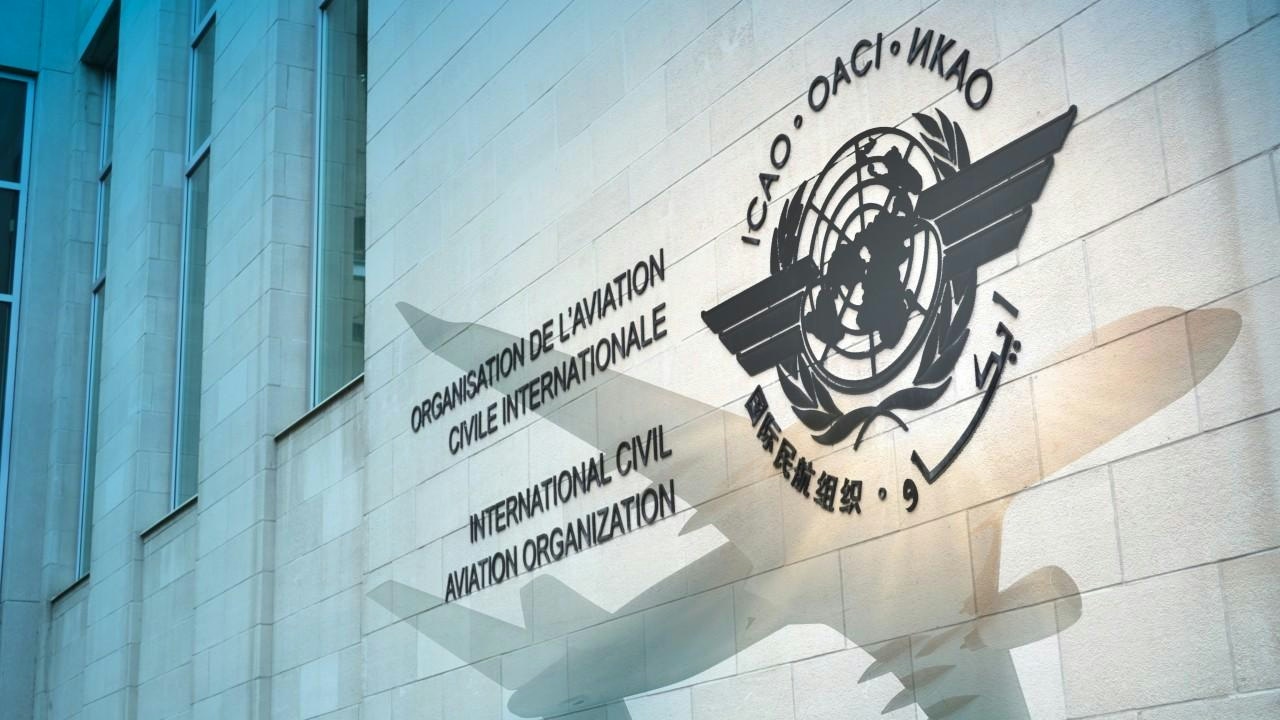
Asia-Pacific Advances ICAO Safety, Sustainability, and Connectivity Goals
Regional Commitment to ICAO Strategic Objectives
At the 60th Conference of Asia Pacific Directors General of Civil Aviation held in Japan, representatives from 35 Asia-Pacific nations reaffirmed their commitment to advancing the International Civil Aviation Organization’s (ICAO) strategic objectives for air transport. The five-day event convened over 400 delegates from member states and 12 international organizations, focusing on harmonizing regional aviation policies with ICAO’s 2026-2050 Strategic Plan. This alignment is critical as the region anticipates a doubling of air traffic by 2043, necessitating coordinated efforts to manage growth sustainably and safely.
ICAO Secretary General Juan Carlos Salazar emphasized the urgency of preparing for this anticipated expansion, with the conference culminating in 59 targeted action items. These initiatives aim to eliminate fatalities, achieve net-zero carbon emissions, and expand access to a connected air transport system, reflecting ICAO’s comprehensive approach to safety, environmental sustainability, and enhanced connectivity.
Enhancing Safety and Oversight
A central theme of the conference was the reinforcement of the Universal Safety Oversight Audit Programme (USOAP). Delegates committed to improving data sharing through the Regional Aviation Safety Group (RASG) and standardizing oversight procedures across the region. These efforts are designed to address persistent safety challenges, particularly given the Asia-Pacific’s current USOAP effective implementation score of 67 percent. New pledges include strengthening oversight of lithium battery transport, enhancing runway safety, and improving accident investigation capabilities.
Further measures agreed upon involve bolstering civil-military coordination, updating aerodrome standards, and developing mitigation strategies against the increasing threat of Global Navigation Satellite System (GNSS) interference. These initiatives respond to the region’s growing regulatory compliance demands and the complexities of integrating emerging technologies, all while navigating intensified market competition among airlines and aviation authorities striving to meet evolving safety expectations.
Driving Environmental Sustainability
The conference reaffirmed strong support for ICAO’s long-term environmental goal of achieving net-zero carbon emissions by 2050. Participants endorsed the Carbon Offsetting and Reduction Scheme for International Aviation (CORSIA) as the sole global market-based mechanism for emissions reduction. States committed to accelerating the adoption of sustainable aviation fuels and advancing the development of climate-resilient airport infrastructure, directly contributing to ICAO’s environmental targets.
Japan’s government and industry played a pivotal role in promoting the FINVEST Hub initiative, which aims to connect sustainable aviation fuel projects with financing opportunities to meet the investment demands of decarbonization. As consumer expectations for sustainable practices intensify, airlines and industry stakeholders face increasing pressure to demonstrate environmental leadership and accountability.
Fostering Innovation and Connectivity
The integration of artificial intelligence (AI) into aviation operations and air traffic management was a significant topic of discussion. Secretary General Salazar highlighted the necessity of establishing consistent safety standards for emerging technologies, including Advanced Air Mobility systems. Regional Director Tao Ma presented updates to the Global Air Navigation Plan, incorporating AI and other technological advancements to enhance operational efficiency and safety.
Market competition continues to influence connectivity strategies within the region. Carriers such as Korean Air are expanding routes between Japan and Southeast Asia, while companies like ABB India are navigating short-term challenges to position themselves for long-term growth amid industrial transformation. These developments underscore the importance of adopting new technologies and forming strategic alliances to strengthen both safety and connectivity in the Asia-Pacific aviation sector.
Looking Ahead
Chaired by Ms. Nakayama Rieko of Japan’s Civil Aviation Bureau and officially opened by Minister Nakano Hiromasa, the conference highlighted the Asia-Pacific region’s collective dedication to advancing ICAO’s safety, sustainability, and connectivity goals. As the region prepares for rapid growth in air traffic, the collaborative actions and strategic initiatives agreed upon at the conference are poised to shape the future trajectory of aviation across Asia-Pacific.

Human Factors: When Effort Falls Short
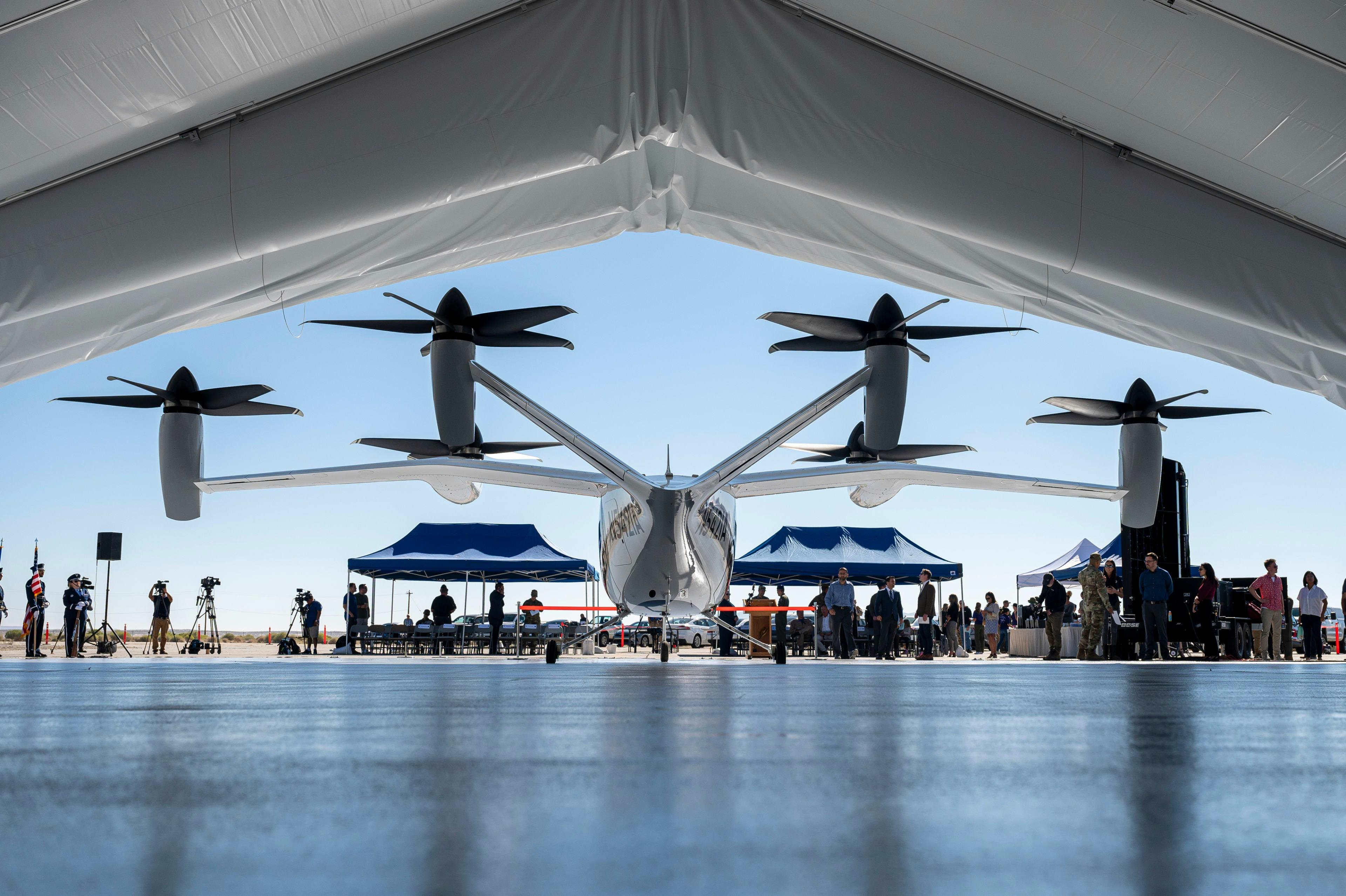
Cathie Wood Increases Investment in Air-Taxi Stocks
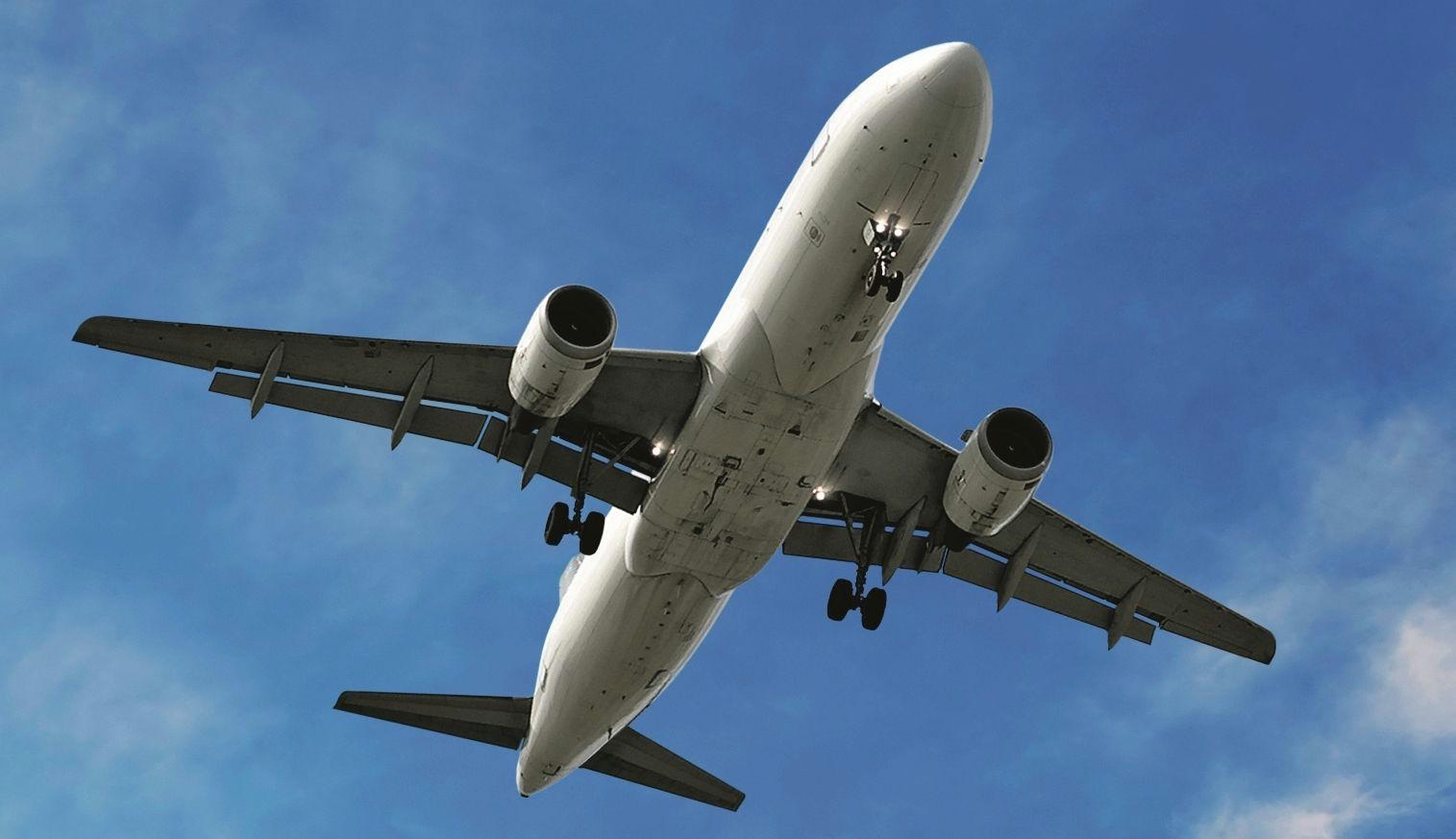
Airlines Face Fundamental Technology Challenges, Not Just AI Issues

Crankshaft Fatigue Causes Emergency Landing

Embraer Integrates AI-Based Counter-Drone System into A-29 Super Tucano

Standardaero and Avilease Sign Agreement for LEAP and CFM56-7B MRO Services

ETF Airways to Receive First ATR Aircraft
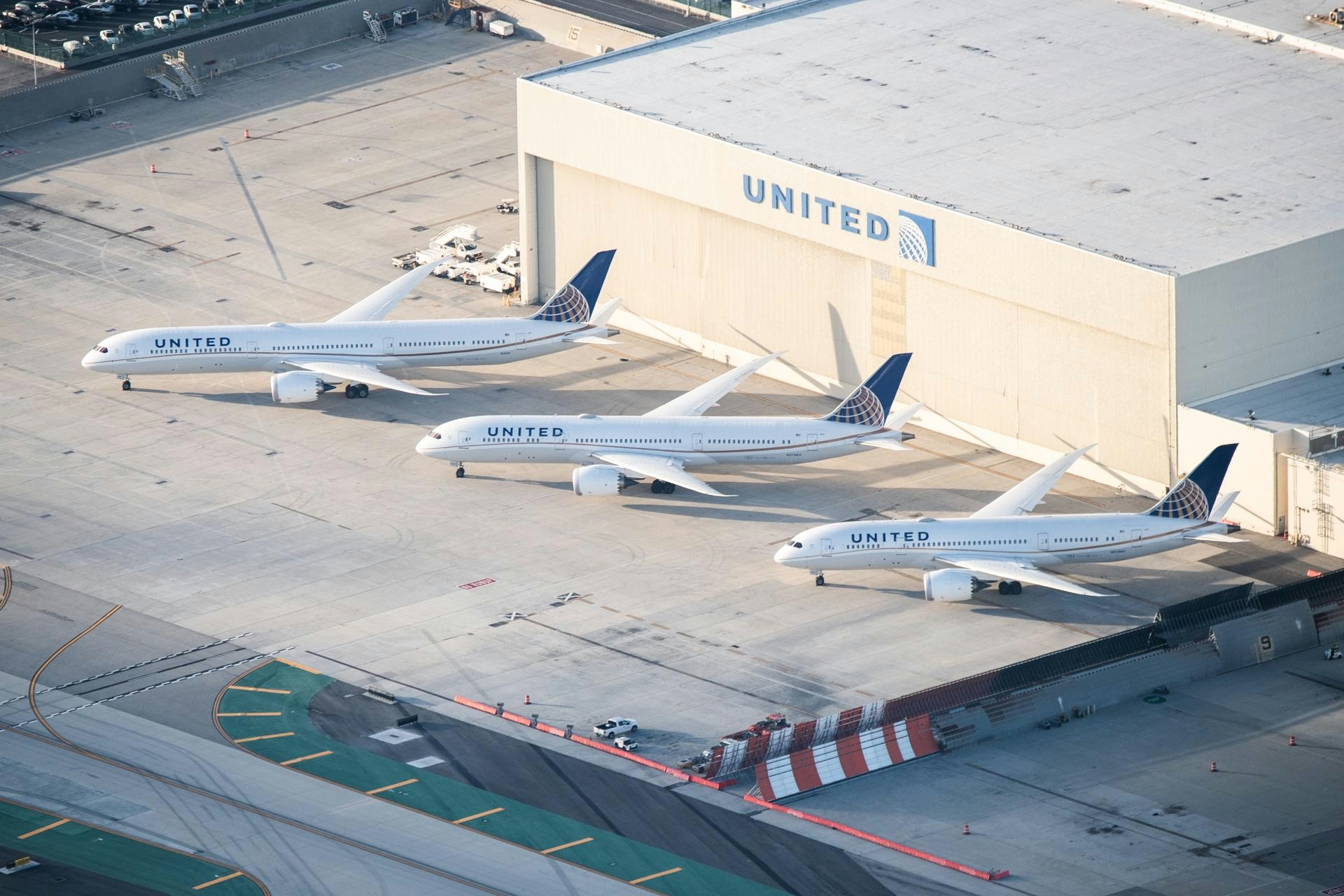
Range Comparison Between Boeing 787-9 and 787-10 Dreamliner
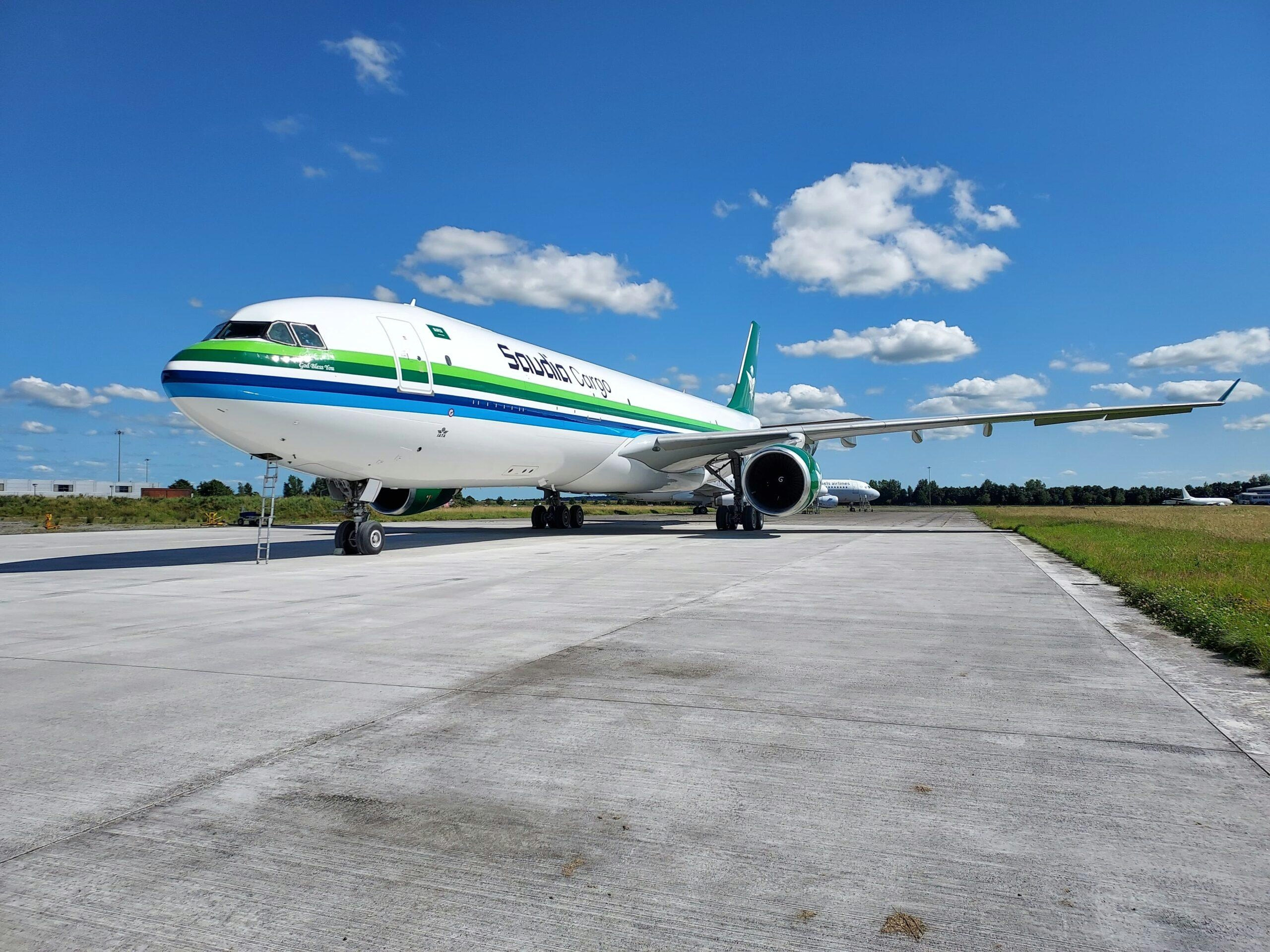
AJW Group Renews Partnership with ASL Aviation to Support A330ceo Fleet

Could AI Cause a Jet Engine Shortage Similar to the Chip Crisis?
